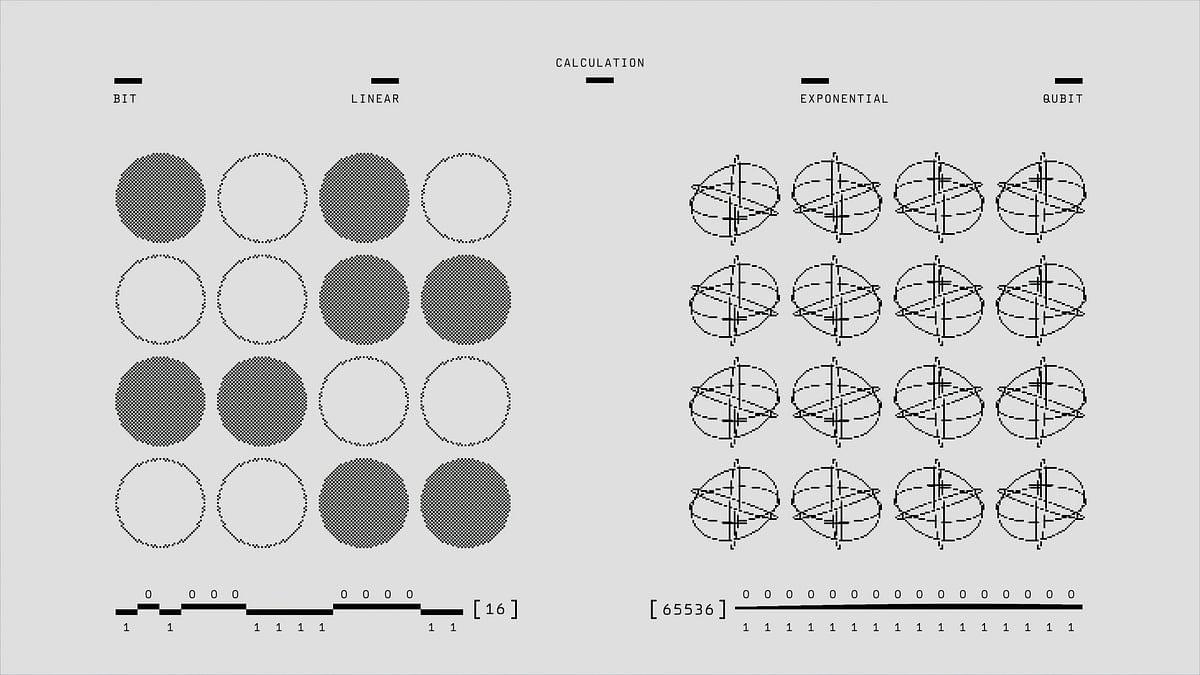Imagine being an explorer, cracking open a 10,000-year-old tomb, uncovering a priceless ancient artifact – and getting rickrolled. Our deep descendants might just get the pleasure, thanks to a Global Music Vault due to be built in Norway, featuring Microsoft’s Project Silica, a tough new data storage medium that’s never gonna give you up.
There’s a common saying that once something is on the internet, it’s there forever, and even if you delete it, it will persist in some server somewhere. But that’s demonstrably untrue – just try to find your cringey old MySpace page. Even the most secure data center is vulnerable to the increasingly common and severe environmental disasters brought on by climate change. Many will lose their data if there’s a long-term power outage, or a large-scale electromagnetic pulse from an attack or, worse still, the Sun. Even in the best-case scenario, physical storage media like Blu-Rays, archival tape, hard drives and even solid state drives will degrade in decades.
To ensure that our history lives on for longer, Microsoft has been experimenting with storing data on glass with what it calls Project Silica. In 2019, the company demonstrated the tech in a partnership with Warner Bros by writing the 1978 movie Superman onto a slide of quartz silica glass and reading it back. The slide, measuring just 75 × 75 mm (3 × 3 in) and 2 mm (0.08 in) thick, could hold as much as 75.6 GB, and remained readable even after being scratched, baked, boiled, microwaved, flooded and demagnetized.








